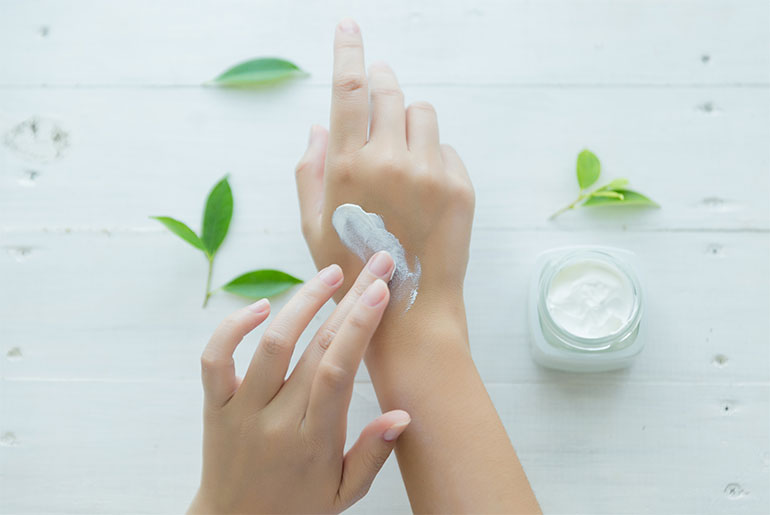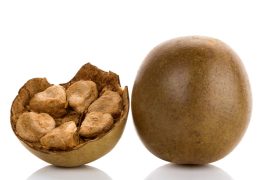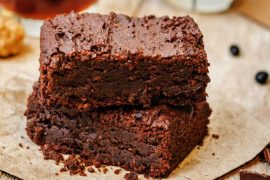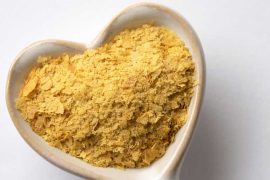Collagen for skin accounts for 30% of your body’s protein. It provides structure, support or strength to your skin, muscles, bones and connective tissues. But taking a well-balanced diet gives your body the raw ingredients it needs to help it make collagen naturally.
Why Collagen for Skin is Needed
Collagen is the most abundant protein in our body. It accounts for about 30% of its total protein. Collagen is the primary building block of our body’s skin, muscles, bones, tendons and ligaments and other connective tissues. It’s also found in our organs, blood vessels and intestinal lining.
Proteins are made from amino acids. The main amino acids that make collagen are proline, glycine and hydroxyproline. These amino acids group together to form protein fibrils in a triple helix structure. Your body also needs the proper amount of vitamin C, zinc, copper and manganese to make the triple helix.
Different Types of Collagen for Skin
There are 28 types of collagen for skin that have been identified. They differ by how the molecules are assembled, the cell components that are added and where the collagen is used in your body. All collagen fibrils have at least one triple helix structure. However, there are main five types of collagen for skin that have been identified for our overall health: –
- Type I collagen for skin – This type makes up 90% of your body’s collagen. This type is densely packed and used to provide structure to your skin, bones, tendons and ligaments.
- Type II collagen for skin – This type is found in elastic cartilage, which provides joint support.
- Type III collagen for skin – This type is found in muscles, arteries and organs.
- Type IV collagen for skin – This type is found in the layers of your skin.
- Type V collagen for skin – This type is found in the cornea of your eyes, some layers of skin, hair and tissue of the placenta.
Lifestyle habits that damage collagen in the skin
- Smoking – Smoking decreases collagen for skin production. It damages collagen and elastin, leading to wrinkles and slow wound healing. Nicotine constricts blood vessels near your skin’s surface, preventing the delivery of oxygen and nutrients.
- Consumption of sugar and refined carbs – Sugar attaches to proteins to form advanced glycation end products. These molecules damage nearby proteins and cause collagen to become weak, dry and brittle.
- Exposure to UV rays from sunlight – Too much sunlight reduces collagen production and caused collagen to break down more rapidly. Ultraviolet sunlight causes wrinkles. However, avoiding excessive sun exposure and wearing sunscreen will nullify the effects of ultraviolet rays on our skin.
Health Benefits of Collagen for Skin
- Enhances hair skin teeth and nails – Wrinkles looser skin stretch marks and cellulite can all be the result of lower collagen. When you eat more of it your skin will look firmer and smoother.
- Repairs leaky gut – If you have a leaky gut where toxins can pass through your digestive tract into the rest of your body it can wreak havoc on your entire system. Collagen can help seal your intestines and heal leaky gut. If you suffer from inflammatory bowel disease of any kind collagen may help your digestion.
- Prevents Joint Pain – Being anti-inflammatory collagen consumption helps to reduce joint-related problems. The intake of collagen helps ligaments tendons and joints glide smoothly. Less collagen allows swollen stiff and painful joints. Collagen has been shown to help relieve osteoarthritis pain according to the University of Illinois College of Medicine at Chicago.
- Increases Metabolism and Muscle Mass – The amino acid glycine found in collagen helps to convert glucose into energy and increase lean muscle. More lean muscle means a faster metabolism since muscle burns more calories than fat. Taking vitamin C along with collagen aids this process.
- Proves to be a Detoxifying Agent – Consumption of collagen helps to detoxify your liver and is hence capable to repair any liver damage.
- Protects cardiovascular health – Proline another component of collagen may help repair arteries and clear fat deposits from them. It has also shown a significant sign to reduce blood pressure.
Collagen Rich Foods
1.) Berries – Berries such as blueberries, raspberries, strawberries, and blackberries, are a great source of Vitamin C, which is a nutrient that helps your body build collagen. Vitamin C is also a vitamin that we have to eat because our body doesn’t make it naturally. A cup of strawberries has 150 per cent of your daily target for vitamin C and a cup of raspberries or blackberries has 50 per cent of your daily C goal.
2.) Broccoli – Another tasty, easy way to add vitamin C to your diet is broccoli. A cup of cooked or raw broccoli delivers a full day’s dose of vitamin C, which plays an essential role in building collagen. And while vitamin C is needed to synthesize collagen, you don’t have to consume it at the same time as your collagen-rich food or collagen supplement. Including both in your diet over the course of the day is sufficient.
3.) Aloe Vera Juice – Consumption of aloe vera juice encourages collagen synthesis. Being having anti-ageing benefits, aloe vera is packed with antioxidants and vitamins. Aloe vera juice benefits our skin as it comes with many skin-healing properties and boosts our skin health. It helps to reduce the frequency of acne appearance and treats inflammatory skin conditions such as psoriasis and dermatitis.
4.) Eggs – As we all know that eggs are high in protein, the same way egg whites are particularly high in the amino acids glycine and proline, both of which are necessary to create collagen in the body. Consuming eggs regularly can provide your body with the building blocks of collagen. So as you enjoy your eggs, make sure that you are contributing to your skin’s health and overall glow.
5.) Fish – Consumption of fish has a huge impact on collagen production as far as skin health is concerned. Like other animal products, fish has connective tissues and bones that contain collagen. While consuming fish provides marine collagen peptides (MCPs) that come from fish skin and scales. Those who are eco-conscious may also be pleased to know that this type of collagen may be better for the environment, as well. That’s because using fish skin and scales to produce marine collagen can reduce waste and pollution.
Disclaimer:
The information contained in this article is for educational and informational purposes only and is not intended as a health advice. We would ask you to consult a qualified professional or medical expert to gain additional knowledge before you choose to consume any product or perform any exercise.








